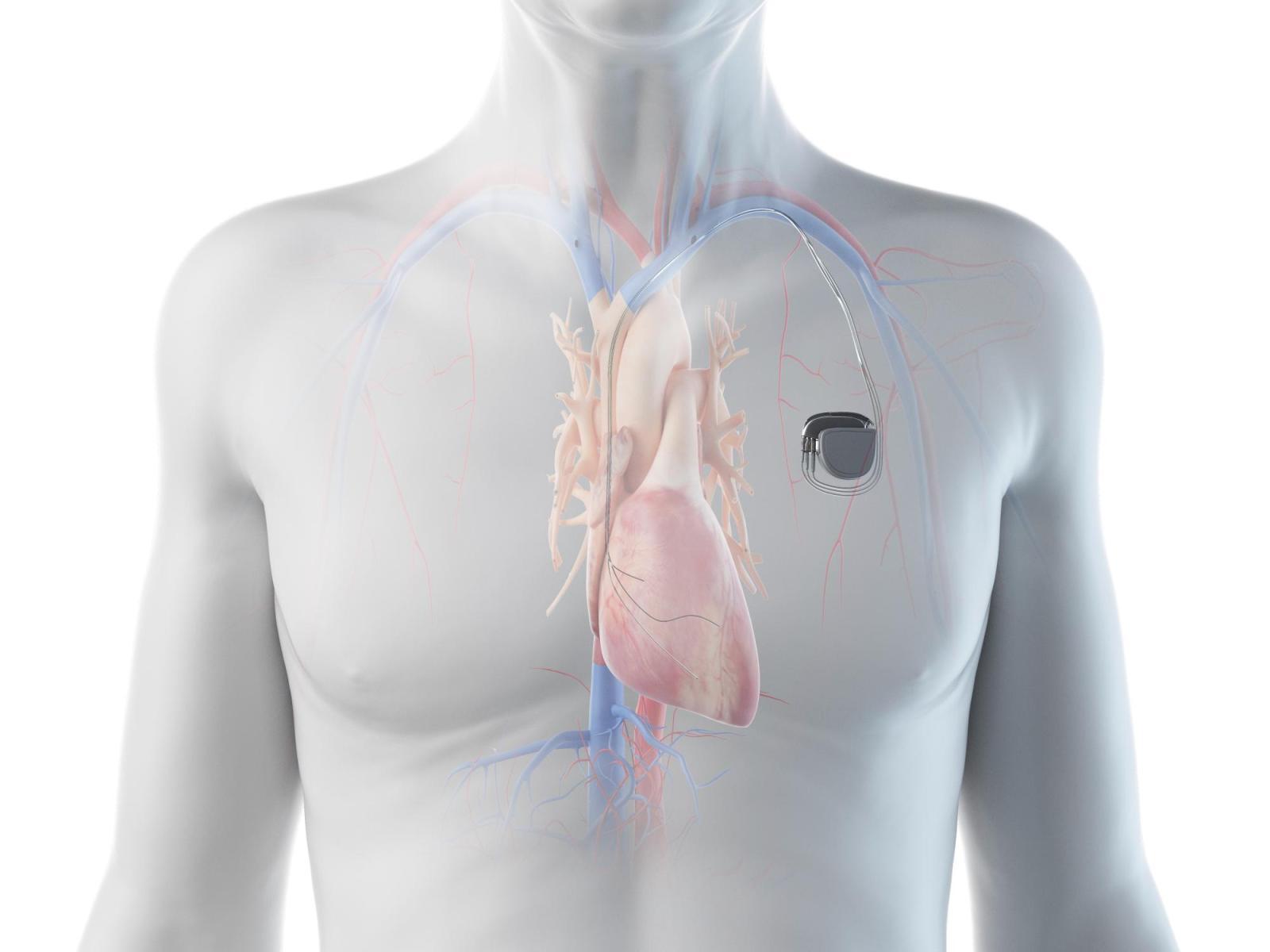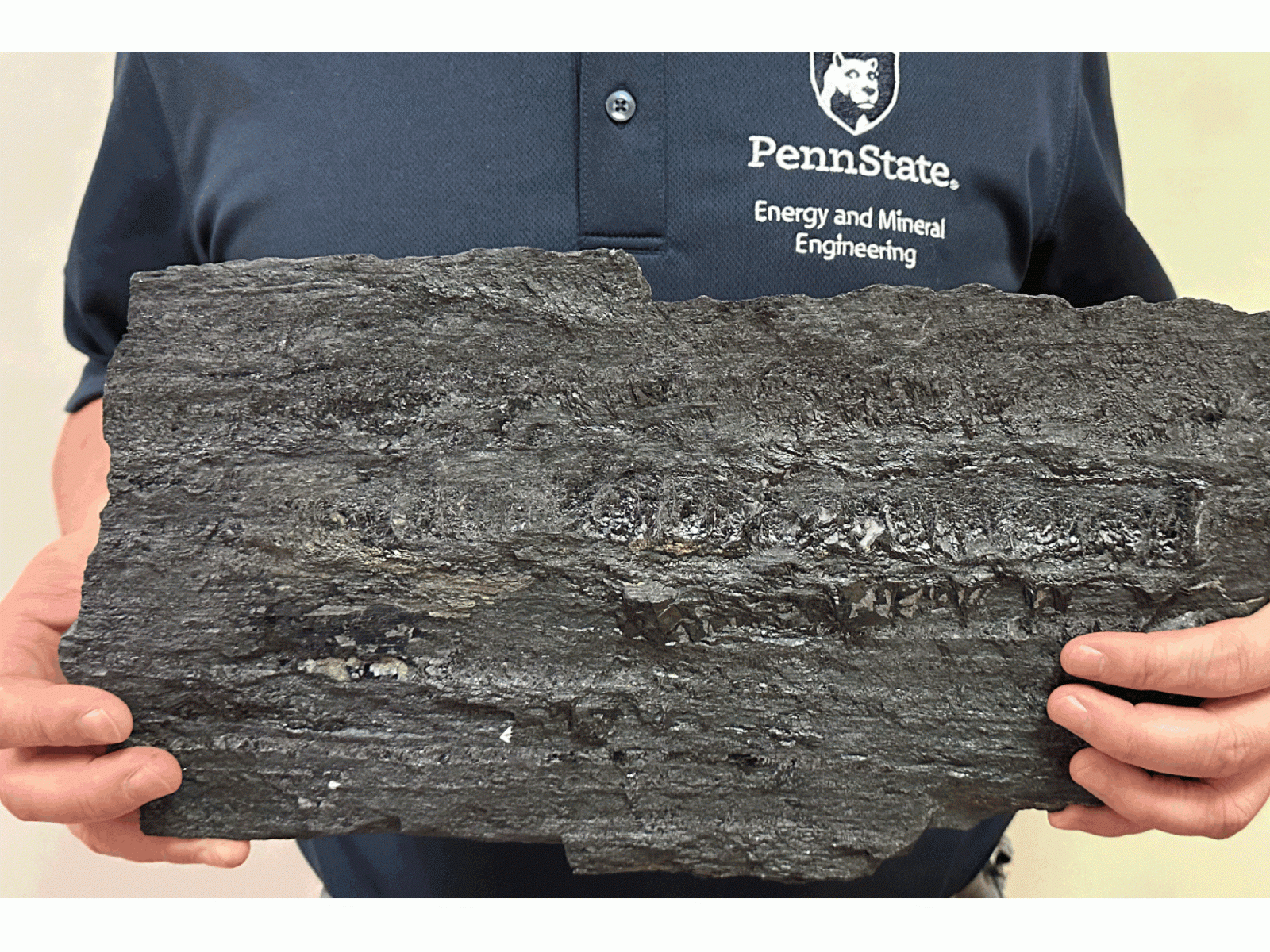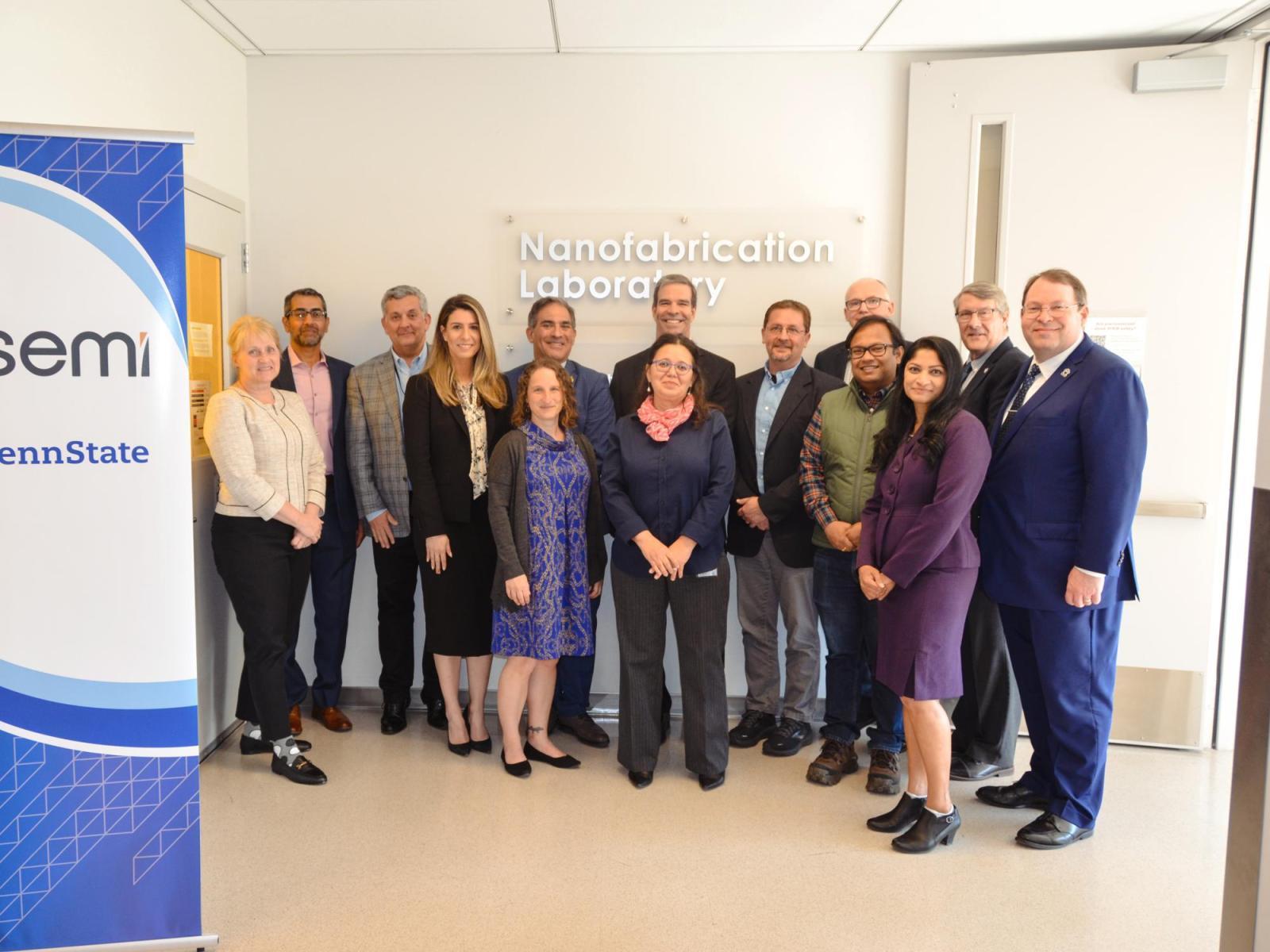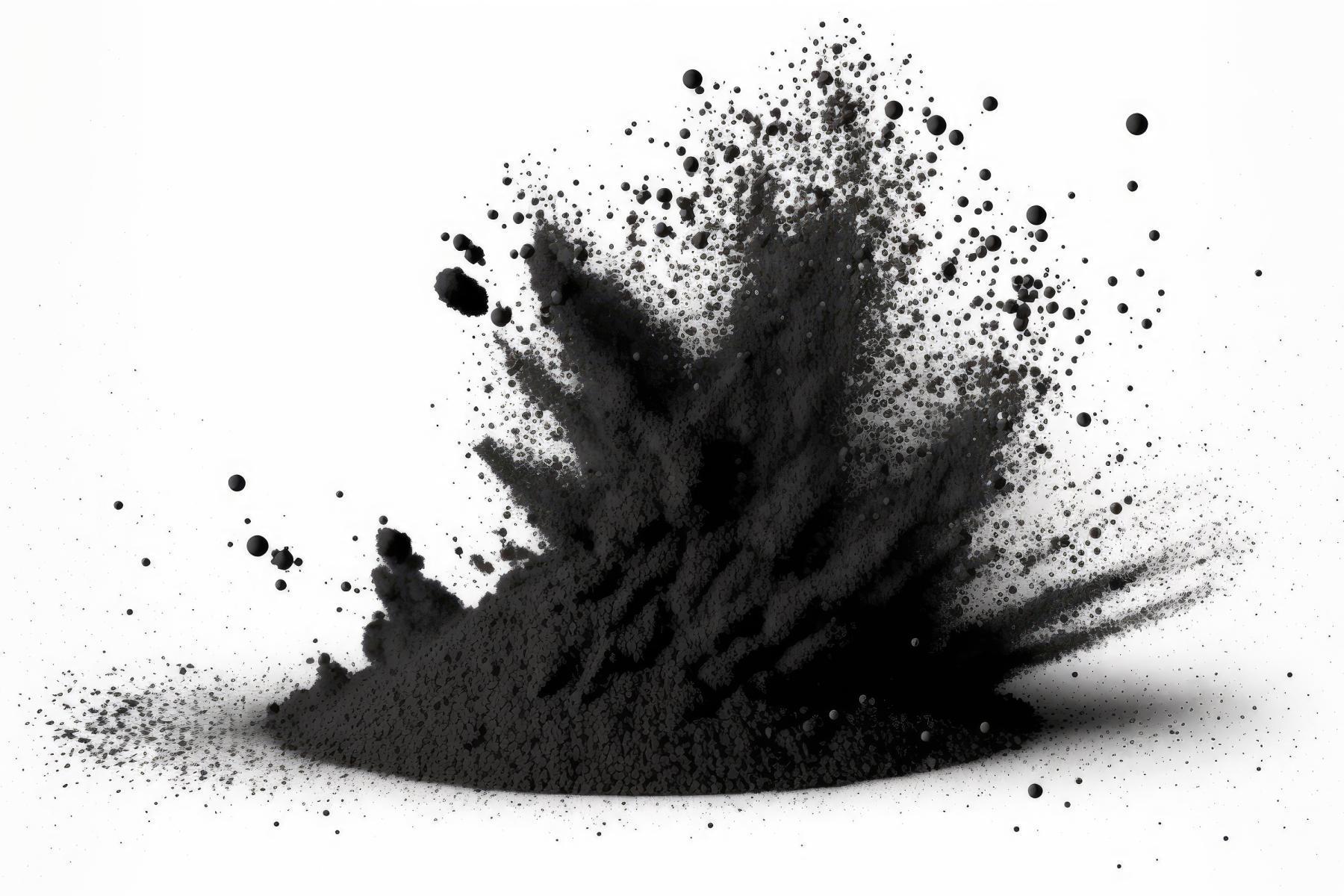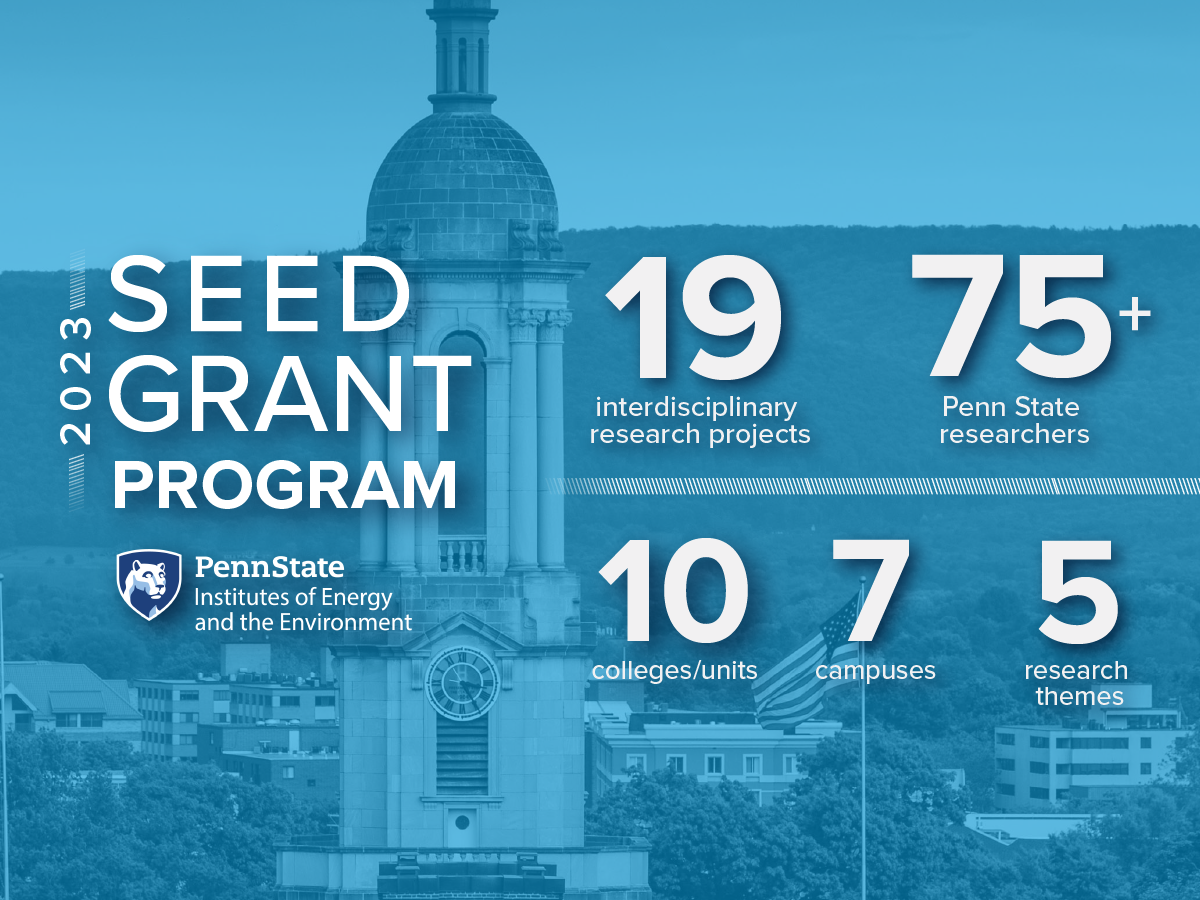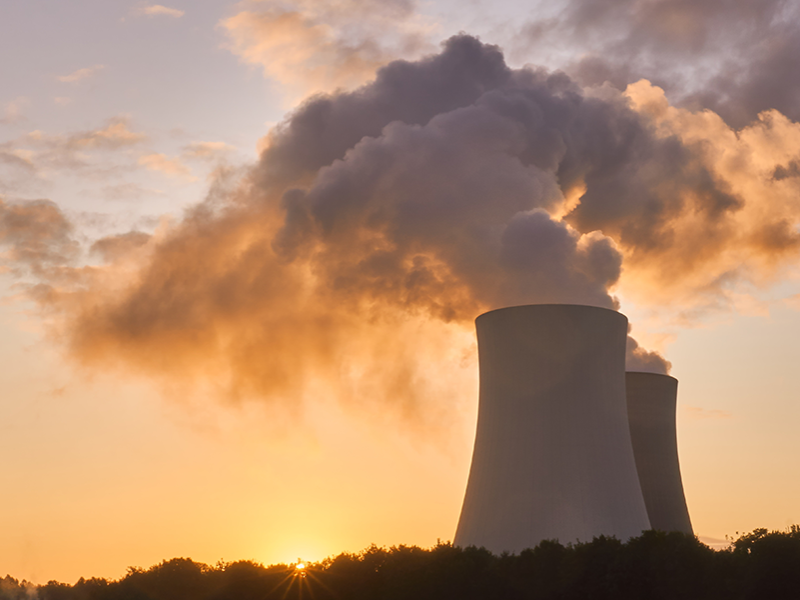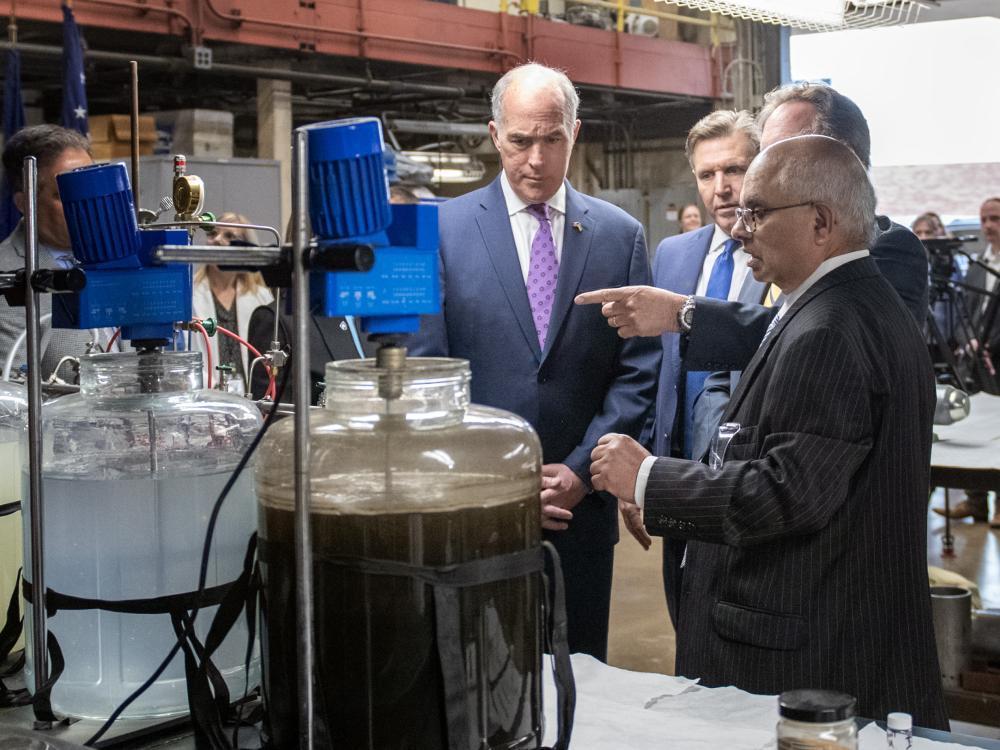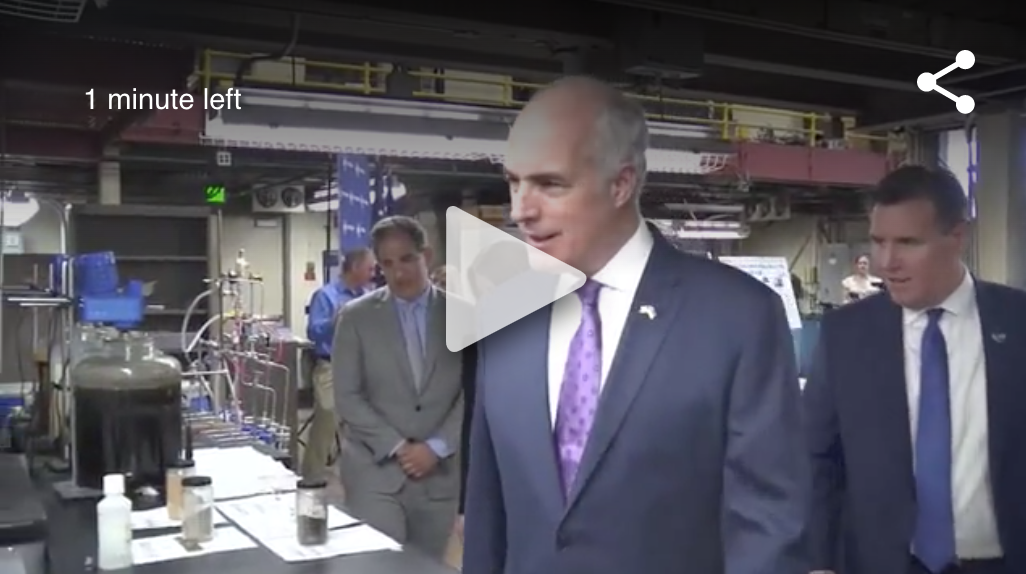Critical minerals, including rare earth metals, are vital components of our consumer goods, national defense, and emerging green-energy technologies, but the U.S is heavily dependent on imports for an adequate supply. Penn State researchers are looking for ways to tap Pennsylvania's coal mine waste as a domestic source for these materials and reduce environmental pollution at the same time.
Researchers at Penn State are designing a new wireless rechargeable battery for biomedical electronics, such as cardiac pacemakers, that will allow them to be charged and managed without the need for invasive surgery.
The quest to develop hydrogen as a clean energy source that could curb our dependence on fossil fuels may lead to an unexpected place — coal. A team of Penn State scientists found that coal may represent a potential way to store hydrogen gas, much like batteries store energy for future use, addressing a major hurdle in developing a clean energy supply chain.
Penn State and onsemi, a leader in intelligent power and sensing technologies, have announced the signing of a memorandum of understanding toward an $8 million strategic collaboration that includes the establishment of the onsemi Silicon Carbide Crystal Center (SiC3) at Penn State’s Materials Research Institute. Over the next 10 years, onsemi will fund SiC3 with $800,000 per year.
One of the major occupational health hazards for coal workers in the U.S. is coal mine dust-related respiratory diseases. New findings by Penn State researchers shed light on the causes of respiratory diseases related to coal mine dust.
Pennsylvania mining industry leaders, government representatives and faculty will speak at the inaugural Mining PA Conference, to be held Aug. 14-16 at the Penn Stater Hotel and Conference Center in State College.
Nineteen interdisciplinary research teams received funding through the Institutes of Energy and the Environment’s Seed Grant Program for 2023. This includes more than 75 researchers who are affiliated with 10 colleges and research units across seven Penn State campuses.
FeiFei Shi, assistant professor in the John and Willie Leone Family Department of Energy and Mineral Engineering, received a $400,000 research and development award from the Nuclear Energy University Program in the U.S Department of Energy to develop foundational research on the corrosive damage caused by molten salt in nuclear salt reactors.
U.S. Sen. Robert Casey was given a tour on April 6 of Penn State's Coal Utilization Laboratory, led by Sarma V. Pisupati, director of the Center for Critical Minerals. The Coal Utilization Lab is part of the University's Earth and Mineral Sciences Energy Institute and is focused on solving challenges related to fossil fuels and the exploration of new energy technologies. // Photo credit: Patrick Mansell
U.S. Senator Bob Casey (D-PA) visited Penn State University’s Center for Critical Minerals to showcase the $2.1 million of federal funding for the fiscal 2023 year. During his visit, he was joined by Sarma V. Pisupati, Director of the Penn State Center for Critical Minerals, Jesse Gill, Penn State Master’s Degree Student in Energy and Mineral Engineering, and Lora Weiss, Senior Vice President for Research at Penn State.



